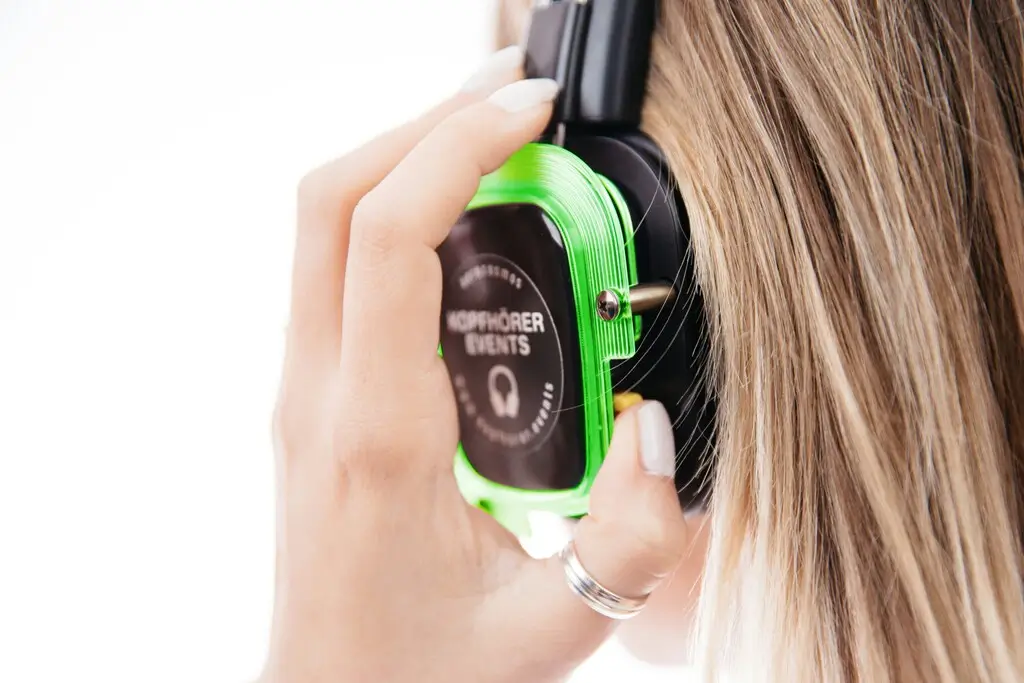There are many stereotypes about deafness, especially in the media. Sometimes, it’s hard to decipher hearing loss facts from fiction. Unfortunately, misinformation has real consequences, and some may not seek professional treatment because they don’t realize it’s available to them. It’s essential to arm yourself with the facts to protect your ears and help raise awareness among your friends and family.
With that in mind, let’s explore popular myths from the point of view of a professional team. How many of these misunderstandings and misconceptions have you heard?
Home Blog
Blog
There is a lot of confusion about when you would use a cochlear implant vs a hearing aid. Both help you hear better, but not all hearing loss is the same, so not every intervention is right for everyone.
For musicians, sound is something to shape and sculpt with intention. So when hearing loss affects balance, pitch, or tone perception, it becomes more than a technical challenge – it impacts the creative process.
Cochlear implants can be life-changing. These devices allow patients with profound hearing loss to regain their world of sound. If you’ve ever wondered, “How does a cochlear implant enable the deaf to hear?” – you’re in the right place.
Did you know that hearing health has a large impact on the city's cultural diversity? People with untreated hearing issues are more likely to experience communication barriers, social isolation, and professional challenges.
For musicians, sound is something to shape and sculpt with intention. So when hearing loss affects balance, pitch, or tone perception, it becomes more than a technical challenge – it impacts the creative process.
Tinnitus is the perception of sound without an external source. It often presents as ringing, buzzing, pulsing, clicking, or hissing in one or both ears. While tinnitus affects millions of people, its impact varies widely – from a mild background distraction to a sound that interferes with focus, sleep, and daily comfort.
For many people, booking a hearing test feels unfamiliar – but at NYC Hearing Associates, the process is simple, non-invasive, and focused entirely on you.
Invisible hearing aids at NYC Hearing Associates offer discreet, powerful solutions tailored to your lifestyle. Our in-house audiologists help you find a device that fits your ear, your needs, and your confidence.









